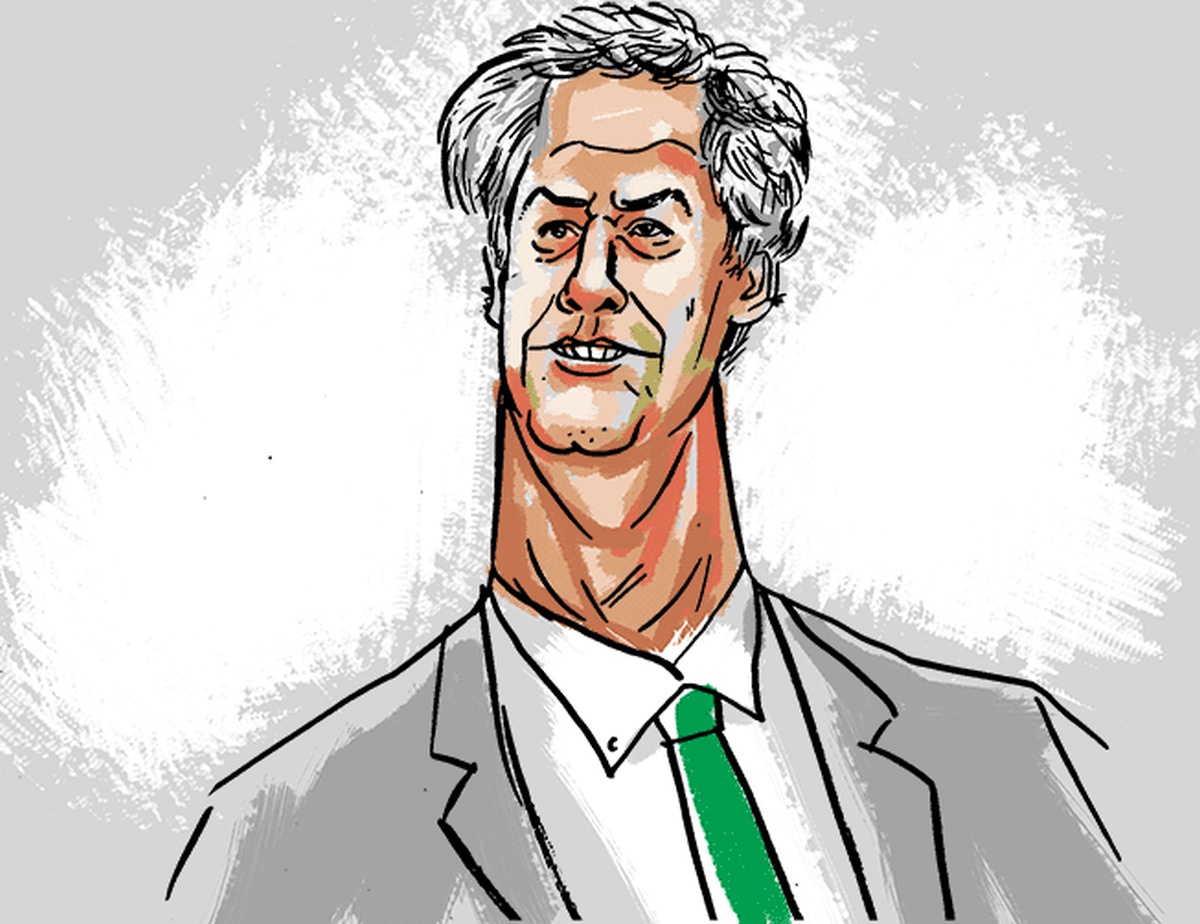Going forward, India would require a substantial increase in tax buoyancy for the annual fiscal deficit target to be met even as the government maintains its support to growth through increases in both capital and revenue expenditures, says D K Srivastava.

The critical information in the first quarter (Q1) gross domestic product (GDP) data relates to the proximity of real and nominal GDP growth rates at 7.8 per cent and 8 per cent, respectively.
The implicit price deflator (IPD)-based inflation is only 0.2 per cent.
This phenomenon has repeated after fifteen quarters.
With such a low nominal GDP growth, tax revenue growth is expected to be low.
In fact, Centre’s gross tax revenues (GTR) have grown only by 3.3 per cent in Q1 and by 2.8 per cent during the first four months of the financial year ending March 31, 2024 (FY24).
The buoyancy of Centre’s GTR at 0.4 in Q1 does not provide enough fiscal room for the government to support demand.
This is reflected in the national income accounts data in the contraction in government final consumption expenditure (GFCE) at a little less than 1 per cent.
On the output side, looking at the growth rates in Q1 FY24 over Q1 FY23, one clear short-term disappointment is manufacturing, which has grown only by 4.7 per cent.
This is largely due to a negative growth of 7.7 per cent in exports that has appeared after nine consecutive quarters of positive growth.
This may indicate that the global economic slowdown is beginning to adversely impact India’s growth performance.
Unless this proves to be a short-term phenomenon, it may signal downside risks to manufacturing growth.
From a longer-term perspective, there is a noticeable concern in the performance of the large service sector, namely trade, hotels, transport, communication, and storage.
Although its quarterly growth in real terms is 9.2 per cent, it still shows a magnitude, in 2011-12 prices, which is lower by 2 per cent as compared to the corresponding magnitude in Q1 of the pre-Covid year of FY20.
It indicates that this employment-intensive sector has not yet fully recovered from the Covid shock and its aftereffects.
On the positive side, both private final consumption expenditure (PFCE) and gross fixed capital formation (GFCF) show robust growth rates.
In the case of PFCE, there is a growth of 6 per cent in Q1 of FY24, which is close to its longer-term average.
Growth in GFCF at 8 per cent in Q1 is somewhat lower than the average growth during the last four quarters.
On the fiscal side, the monthly data released by the CGA shows that the direct tax collections contracted by 1 per cent in Q1 FY24.
This contractionary trend has continued into July 2023 also.
At the same time, the Centre has transferred considerable share of taxes to the state governments during the first four months.
In fact, the growth in the share of states in central taxes was 53.9 per cent during this period.
This resulted in a substantive contraction in Centre’s net tax revenues, which showed a negative growth of 12.6 per cent.
On the expenditure side, while the central government has focused on expanding its capital expenditure, which showed a robust growth of 52 per cent during April-July 2023, there has been an attempt to contain growth in government’s revenue expenditure that showed a growth of 15.9 per cent.
This has resulted in the Centre accessing nearly 35 per cent and 34 per cent of the budgeted annual revenue and fiscal deficits respectively.
Going forward, India would require a substantial increase in tax buoyancy for the annual fiscal deficit target to be met even as the government maintains its support to growth through increases in both capital and revenue expenditures.
D K Srivastava is chief policy adviser, EY India. Views expressed are personal.










